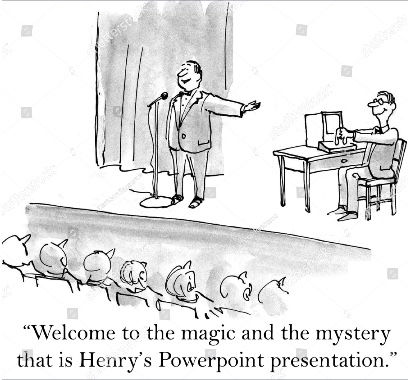We see a lot of sales decks in our work with clients. These remain an effective selling tool as part of a diagnostic selling process but they need to follow some golden rules to achieve their objectives.
Too often they follow a similar path of story telling about you! An overview about you! More details about you! A case study about you! Your customers that love you! Why you are so good!
And people wonder why the engagement level of the prospect/customer is so low?
Give yourself a chance of an insightful conversation. Build a sales deck designed to engage and to encourage discussion. Build a sales deck that demonstrates your insightful grasp of the challenges facing your sector and therefore the issues facing your prospects/customers as they scale their business. Demonstrate your understanding of specific problems being endured by the audience in front of you. Encourage discussion by treating the deck as a prop not a hymn sheet.
Here is our checklist to steer you in the right direction:
CHECKLIST – SALES SLIDE DECK
- Suggested Agenda should include:
- Corporate Overview
- Challenges Faced By Your Customers
- One Challenge Of This Specific Prospect/Customer
- Your Solution To This Challenge
- Your Competitive Value Proposition
- Specific Features Of Your Solution
- Summary Slide
- In general try to use graphs, images and illustrations to make your point rather bullets.
- Corporate Overview: Just enough to cover history, positioning, products, successes and customers.
- Challenges Faced By Your Customers: Cover difficult issues preventing the companies in your key markets achieving their goals e.g. they can’t launch products quickly enough, they can’t scale production, they are struggling with inventory management, etc. Show you understand their challenge in their language.
- Specific Challenge Of This Customer: Choose a challenge you’ve uncovered during your Discovery Process (see Diagnostic Sales Process) that your prospect/customer is struggling with. Explain the consequences of failing to solve that challenge.
- Your Solution To That Challenge: Demonstrate how your product/service nails that challenge head on. Tell a story they can imagine themselves in. A story they can believe that involves deploying your solution to solve their challenge. The home run involves your specific prospect contact, improving their personal performance by deploying your system, software, or service. Remember the two reasons that stop sales. The prospect doesn’t believe they have the problem you’re solving or they don’t believe your solution to their problem will be successful.
- Your Competitive Value Proposition: Now demonstrate your solution is not only reasonably priced relative to the value it achieves but also that it is competitively priced relative to the value and price of the competition. It’s all about your relative return on your prospect’s investment. In B2B selling, no product is expensive or cheap. It is either delivering a high or a low return relative to the competition and the cost of capital.
- Specific Features: Don’t throw up on the page. Instead cherry pick and highlight those features that support your value proposition e.g. specific timings, or tolerance levels or service levels that make your value claims believable.
- Summary: Everyone loves a well-structured recap slide. Remind the audience of the challenge you assumed at the beginning of the discussion. Remind the audience why your solution solves their challenge in a competitively priced way, delivering superior value than anyone in your industry.
Sales will always be about relationships. However relationships should be built on mutual respect and for sales professionals that starts with demonstrating you understand how to improve the performance of your prospect personally, and therefore his or her employer.
The Portfolio Partnership (TPP) is an operational consultancy that scales businesses organically and by acquisition. All of our work has two common themes, we deploy our services through a Fractional C-Suite model using our successful tools and process that we know work. Our desire to work with a client is based on the ambition, openness and humility of the management team and rarely the sector. Ian@TPPBoston.com.








